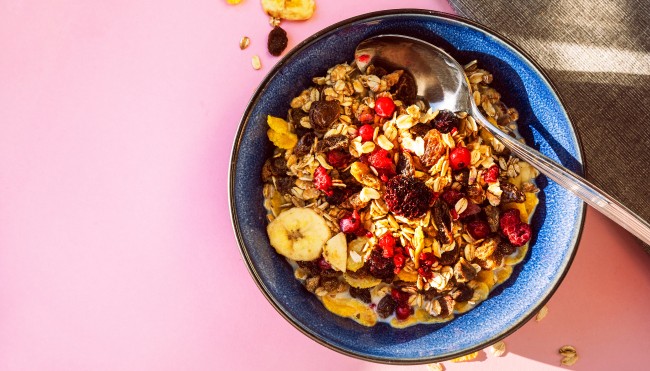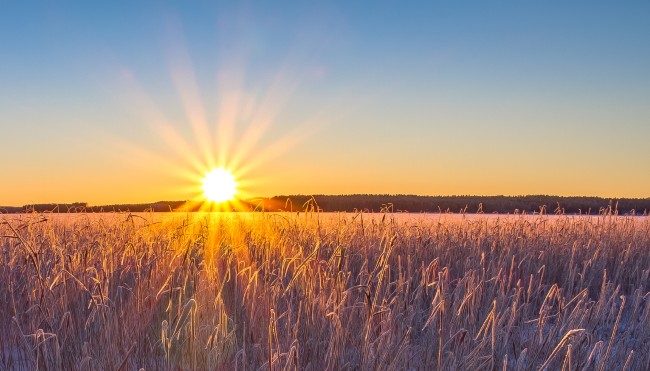Animal vs. Vegetable Proteins
Proteins are proteins, they say. A gram of protein from here or from there is the same, they say.
Is that true? In short, it depends.
But to really answer that question, we have to look at what proteins are made of, and why there seems to be so much confusion about whether animal and vegetable proteins are the same.
What Are Proteins?
Proteins are made up of little things called amino acids. Amino acids are like protein building blocks, and, truly, the building blocks of life. Living organisms use amino acids to break down food, grow, repair tissue, allow cells to communicate with each other, and many other functions. When there is a lack of carbohydrates, proteins (made of amino acids) can also be broken down to be used as an energy source for our cells.
There are many different types of amino acids. Our body can make many amino acids, but others have to be consumed in the foods we eat.
The amino acids that our body can make are called nonessential amino acids. The amino acids that we need to get from our food, are called essential amino acids. There are also conditional amino acids that our bodies can usually make, except when we are sick or stressed
The essential amino acids are what we really need to focus on for this discussion, since it is what this so-called debate is about.
There are 9 essential amino acids: histidine, isoleucine, leucine, lysine, methionine, phenylalanine, threonine, tryptophan, and valine.
Complete Proteins
When foods have all 9 essential amino acids, it is said that they are complete proteins. All animal products have complete proteins, and some plants do as well. Most plant foods, however, do not.
That is not to say that vegetarians don’t get all of the amino acids they need to stay healthy. It also doesn’t mean that they need to find the perfect combination of foods in the perfect proportion in order to get a complete protein, as was once believed.
Now nutritionists know that as long as vegetarians eat a variety of plant foods in their diet overall, including greens, legumes, grains, and fruits, they will most likely get all of the amino acids they need.
There are a few plant foods that also contain all 9 amino acids, and you have probably heard of most of them.
These are:
- Quinoa
- Buckwheat
- Soy
- Quorn or mycoprotein, made by growing a certain type of fungus in vats. Note that it is usually bound together by egg whites, so it isn’t technically vegan.
Some great vegetarian complete protein combos include:
- Rice and beans
- Hummus and pita
- Ezekiel bread
- Spirulina and nuts
- Peanut butter and bread
In conclusion, the difference between most animal and plant proteins is about the presence and proportion of essential amino acids they contain. While all animal-based foods have all the essential amino acids, most individual plant foods don’t. That is not to say that you cannot combine foods to get all the amino acids your body needs. If you choose to go meatless, the key is to ensure you have a variety of plant foods in your diet from day to day. No matter how much you love your chia, and no matter how healthy it is, it’s probably not a good idea to eat it – or any other foods, for that matter – for breakfast, lunch, and dinner days on end.





